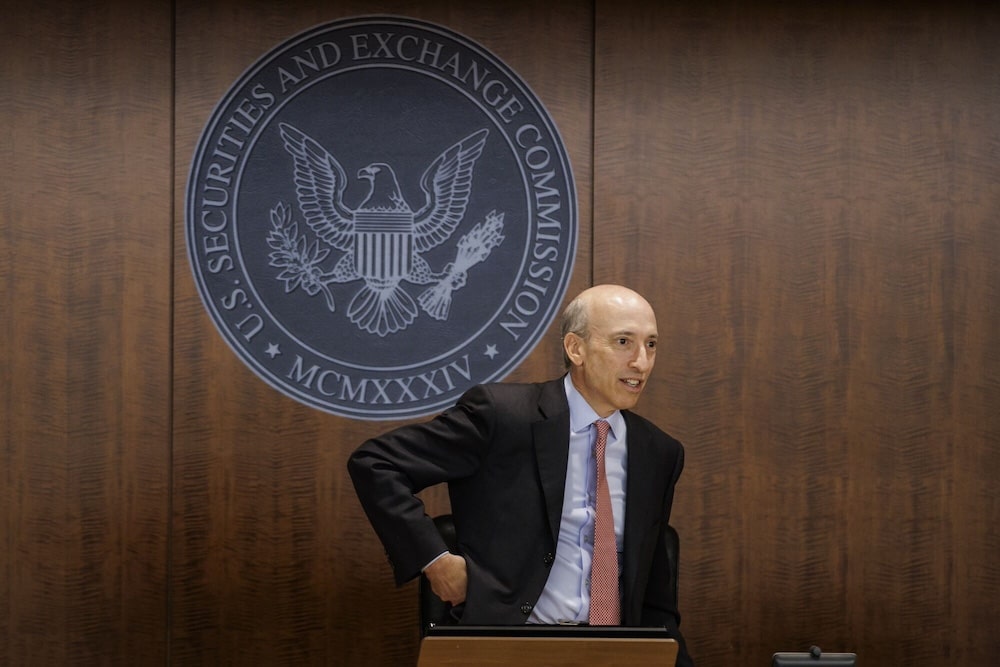The recent crash in the crypto market, induced by news of Iran attacking Israel, has triggered a wave of liquidation, with more than half a billion dollars in long positions liquidated.
The news of the attack caused bitcoin (BTC) to crash to $60k from over $64k, as investors fear an impending World War III.
Bullish Crypto Traders Caught Unaware
The sudden plunge caused a heavy blow to futures traders, marking their largest losses since early August.
Data from crypto derivative analysis platform CoinGlass revealed that Bitcoin traders who had opened long positions lost more than $127 million, while Ethereum (ETH) positions saw nearly $107 million in liquidations.
Other altcoins collectively suffered over $85 million in liquidations, the highest amount since July, while memecoin Pepe (PEPE) contributed an unexpected $10 million.
The market crash and mass liquidation started hours after Iran launched missiles at strategic Israeli locations, prompting Israel to warn of potential retaliation in the days ahead.
Crypto’s Uptober Having a Bad Start?
Bitcoin dropped to a low of $60,300 late Tuesday, marking its worst start to a historically bullish month, before rebounding above $61,500 at the time of writing.
Data also revealed that nearly 86% of all futures positions were bullish, as traders anticipated higher prices in the coming weeks.
Historically, October is favourable for Bitcoin, with only two losing October since 2013, averaging a return of 23%. As such, the 10th month is popularly known as “Uptober.”
Furthermore, Bitcoin historically performs well after presidential elections in the United States, and some speculators see BTC reaching new highs by the end of the year if history repeats itself.









